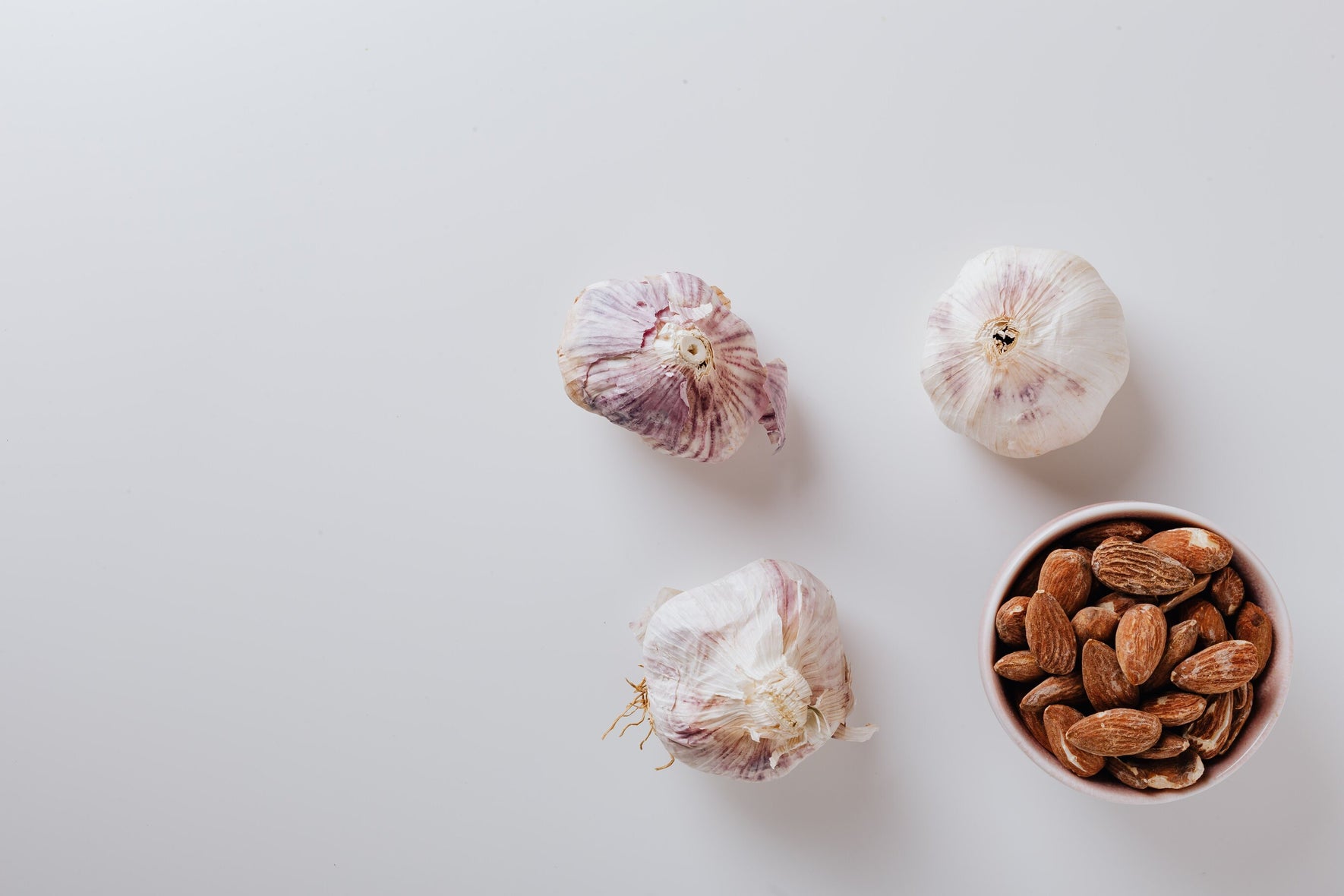
What to Eat for Better Joint Health
Healthy joints are essential for maintaining good mobility in your body, and according to Matt Cunningham, Specialist Performance Trainer at Workshop London and Flobility coach, “Mobility underpins and determines all of the movement we have access to.” As we age, joint movement tends to become less flexible because the cartilage becomes thinner and the amount of lubricating fluid inside our joints reduces. Ligaments, which help strengthen and stabilise the joints, also become shorter and lose flexibility. All of which can result in increasing stiffness. Sore, stiff joints aren’t just an older person’s issue either, joint pain can begin in your 30s and if you’re not careful, continue to cause pain and problems as you get older.
The good news is that there’s plenty you can do to keep your joints in good condition. Maintaining a health weight will put less pressure on your joints in the first place, while exercising every day for at least 30 minutes will keep them strong and flexible. If you haven’t already, quitting smoking is non-negotiable; studies show that smokers are twice as likely to develop cartilage loss than their non-smoking counterparts. Daily mobility training that takes your joints through their full capacity (think of it as integral as brushing your teeth) is also key in helping joints stay active and flexible, and as with most conditions, diet can also play a huge role in maintaining optimum joint health. Here are just some of the best foods you can eat for strong, supple joints…
Fatty acids
Eating a diet that’s rich in omega-3 fatty acids is one of the best ways to improve your joint health. Famed for their high anti-inflammatory benefits, healthy fats such as those found in oily fish, avocados, olive oil and nuts can also aid joint lubrication too, which enables better flexibility.
Dairy
Cheese, milk and yoghurt are excellent joint health foods to include in your diet as they’re all loaded with calcium, a mineral that's essential for maintaining healthy bones; they also contain vitamin D, which is required to aid calcium absorption. Low levels of vitamin D are associated with osteoporosis and a weakened immune system, so ensure your diet is well stocked with plenty of options or consider taking a good quality supplement instead.
Magnesium
In addition to being an important mineral for general healthy function, magnesium is crucial for strong bones and joints; around 60% of magnesium is present in our bones and teeth. Studies have shown that as well as having anti-inflammatory benefits, a magnesium deficiency can actually create low level inflammation, which can of course increase the likelihood of chronic illness as well as contribute to joint issues. Keep your magnesium levels topped up with plenty of brown rice, leafy greens, almonds, cashews, bananas and oatmeal.
Greens
It shouldn’t come as a surprise that eating plenty of vegetables is good news for all aspects of your health, but you can really offset joint issues in particular by ensuring your diet has plenty of green goodness in it. Dark greens like kale, broccoli and cabbage are packed with an anti-inflammatory component which helps reduce cartilage breakdown, while the natural chemicals in alliums (onions, garlic and leeks) are good at reducing joint wear and tear.
Protein
The amino acids that make up protein are fundamental when it comes to building tissues, and that goes for everything from muscles to bone and cartilage. Poultry, fish and plant-based proteins such as beans and pulses are all good options. If you already have arthritic joints, you may want to reduce or avoid gluten, a protein found in wheat. It’s thought it can cause inflammation and aggravation in already irritated joints.
